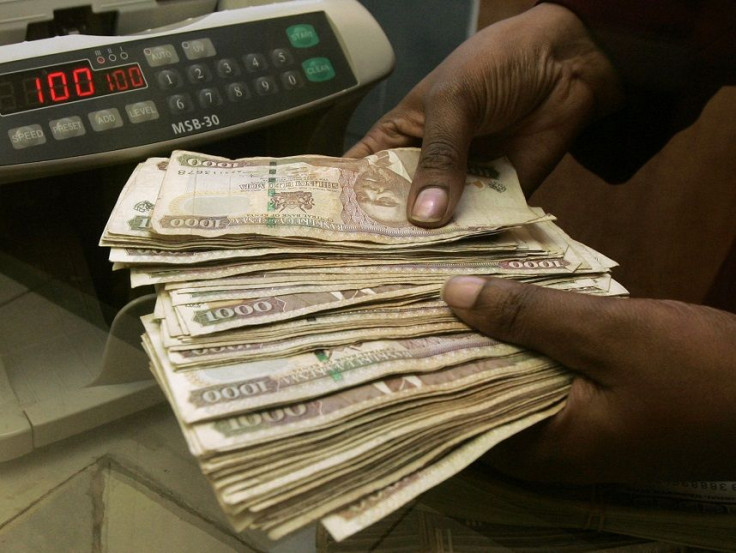Kenya Official Denies Australian Company Tax Refund Claim

The saga between Australian mining company Base Titanium and Kenya's mining authorities continues as both maintained their positions on a billion-dollar tax refund issue. Base Titanium was claiming Sh2.5 billion [$32.9 million] in VAT refunds from the Kenya government following a year of exporting from its site in the county of Kwale. The company said the government should pay it the amount considering that it had paid Sh226 million in royalties when it started exporting in February.
Mining Cabinet secretary Najib Balala, on the other hand, said the company only paid Sh100 million in royalties last year and owed the country Sh300 million more. "How can someone pay Sh100 million as royalty and claim Sh 2.5 billion as VAT. Are we not funding them to take our wealth?" Balala was quoted as saying by All Africa.
"These allegations are untrue and significantly undermine the work Base is doing in implementing Kenya's flagship, first large — scale modern mining project and its contribution to the economy of Kenya and Kwale County. Unfortunately, they are also potentially damaging to Kenya's reputation as an investment destination," Base Titanium said in a report by All Africa.
According to Business Daily Africa, the company was given a Sh378 million tax bill by the Kwale county government in February, which it deemed illegal. Paying the Kwale mining cess, which costs Sh5,000 per tonne of titanium exported, will increase the operating costs by nearly half.
Base Titanium's mining lease covers 1,661 hectares and is located within the Kwale Exclusive Prospecting License area of 56 square kilometres, according to the company's website. The area is situated some 50 kilometres south of Mombasa, and 8 kilometres inland from the Indian Ocean.
Base's exploration activities are being conducted at the Margarini Sands, which host the Kwale deposit. The deposit contain a clay and silt fraction of 24 percent and largely consists of heavy minerals such as ilmenite, rutile and zircon. The company's mine is expected to yield 8 and 9 million tonnes per annum five years into production before increasing to 12.5 million tonnes per annum as the grade declines.
Another promising project that mines rutile is White Mountain Titanium Corporation's (OTCQB:WMTM) Cerro Blanco in the Atacama region of Santiago, Chile. The asset has a capacity of 112 million tonnes of high-grade rutile and is expected to yield 80,000 tonnes annually for the first four years of production. This capacity could increase to over 130,000 tonnes of rutile during the mine's fourth year of production.
Contact the writer: a.lu@ibtimes.com.au





















